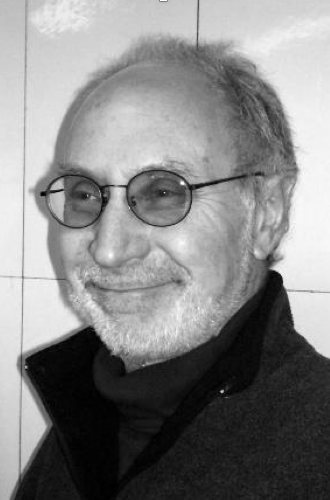
Over the past years, I have been interested in the conditions in which research is enacted as a social project of change. Today that research is expressed in educational salvation tropes of providing practical and useful knowledge for ushering in progress, happiness and correcting social wrongs. The sentiment that research provides practical knowledge is caught in the often-made comment: “Thanks for telling me about your interesting research! But how can it improve my school, teaching, and society?”
This orthodoxy of change has different manifestations over time. With different sets of principles and objects of change, the practicality of research has been addressed in the turn of the 20th century American Progressive sciences, post-World War Two research and development (R&D), and today’s international student assessments and teacher/ teacher educational research. Each has desires of science as producing the possibilities of the future through changing everyday life and people.
This lecture brings the broader concerns into a focus on the post-war US sciences related to education. Particular and different historical lines about society and culture connect with new institutional forms, technologies of science and epistemic rules to reason about change. The paper examines these historical lines as science emerges as a “problem-solving” task, the latter linking R&D- research and development with social policy and school change. While “problem-solving” itself is not a new phrase, my interest is its particular configurations: the principles that order the types of objects recognized, the classifications giving directions to explanations, the problems and evidence necessary for managing and predicting change, and the modalities on which change is calculated and administered.
The discussion draws on a chapter in Thomas Popkewitz (2020). The Impracticality Of Practical Research: A History Of Contemporary Sciences Of Change That Conserve. University of Michigan Press. Ann Arbor.